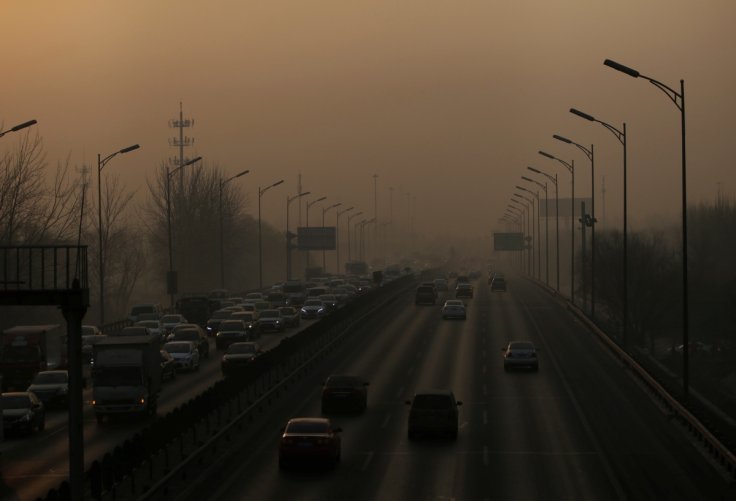Air pollution poses a significant threat to human health and as estimated by the World Health Organization (WHO), the number of premature deaths attributed to air pollution in 2018 was over 500,000. Recently 'State of Global Air 2020' report revealed another shocking fact.
The report by the US Health Effects Institute said that air pollution led to the death of nearly half a million babies across the world in 2019. The organization found the long-term exposure to the airborne particulate matter led to complications from pre-term deliveries and low birth weights.
As per the report, two-thirds of the deaths of newborn babies appear associated with the use of solid fuels for cooking. These solid fuels include wood, charcoal, and animal dung. It was also discovered that overall, household and outdoor pollution has contributed to over 6.7 million deaths around the globe last year via such health issues as diabetes, lung diseases, and stroke.

The Air of Death
As per the experts, air pollution has become one of the top causes of death among humans. The researchers behind the new study have found that the most polluted regions in the world—South Asia and Africa—have seen little progress in lowering the pollution levels in the past decade.
During the initial days of the Coronavirus pandemic, NASA's satellite images showed a dramatic decline in the levels of air pollution in China, which competes with India to become the most polluted country in the world. But that was short-lived. When the country returned to normalcy, pollution levels again started reaching peak levels.
But, as the world continues to fight against the COVID-19 pandemic, experts have raised their concerns stating that the high levels of pollution could contribute to the severity of the Coronavirus caused infection cases.
Dan Greenbaum, the president of the Health Effects Institute, said the health of a newborn infant is "critical to the future of every society and this newest evidence suggests an especially high risk for infants born in South Asia and sub-Saharan Africa." He said that even though there has been a steady and slow reduction in household reliance on poor-quality fuels, "the air pollution from these fuels continues to be a key factor in the deaths of these youngest infants."
It was noticed that over the last decade there was a reduction of 11 percent but around 3.8 million individuals are still exposed to house air pollution from cooking every year. The researchers behind the 'State of Global Air 2020' report also noted that 20 percent of child deaths in the first month after their birth are linked to both ambient and household air pollution.

Air Pollution and Coronavirus
The recent findings were based on the Global Burden of Disease report, which was published in The Lancet that evaluates the impact of 286 causes of death and 369 diseases in 204 countries and territories.
Christopher Murray, a public health expert from the University of Washington who also led the GND research, said that the interaction of novel Coronavirus caused disease with the continued global rise in chronic illness and related risk factors—such as obesity, high blood sugar, and outdoor air pollution—has created "a perfect storm, fueling COVID-19 deaths."
Even though the connection between air pollution and COVID-19 is not clear, it is known that air pollution can lead to a rise in the cases of heart and lung disease—which can make people more susceptible to serious cases of COVID-19. Experts are extremely concerned that the high levels of air pollution in East and South Asia could worsen the impact of SARS-CoV-2 infection.
Katherine Walker, principal scientist at the Health Effects Institute said, "The time is long overdue for greater global cooperation and action on this major public health problem. As countries plan for the post-COVID recovery, it is crucial that air pollution is considered as an important pillar in policymaking."









